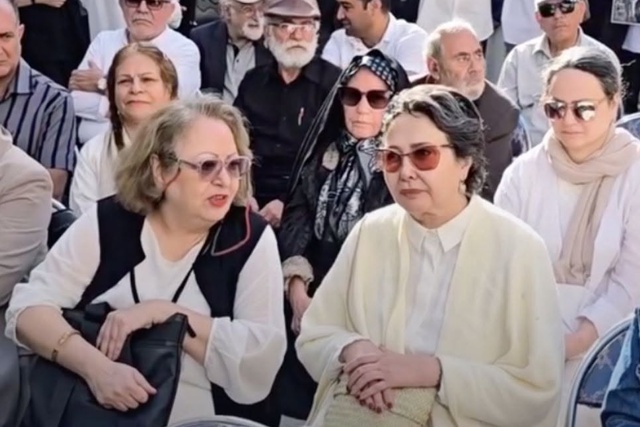Taghvai’s grounding in literary sensibility and careful adaptation gave many of his films a richness of language, metaphor, and narrative depth. He gave cinema a window into the lives, landscapes, rituals, and emotional world of south — often neglected in mainstream film. His later stance against censorship and refusal to compromise for external pressures is viewed as a moral anchor for artists in restrictive environments. Many artists cite him as a teacher, mentor, or model — not just in technique but in ethical commitment. For example, young filmmakers have participated in scriptwriting classes or workshops led by him.
Nasser Taghvai was born on 13 July 1941 in the oil-rich port city of Abadan, located in Iran’s southern Khuzestan province — a multicultural region where Persian, Arab, and southern coastal traditions converge. Growing up amid this intersection of cultures, languages, and landscapes left a deep imprint on his artistic sensibility. Abadan, with its oil refineries, colonial modernity, and working-class vitality, became a silent character in much of his later work.


